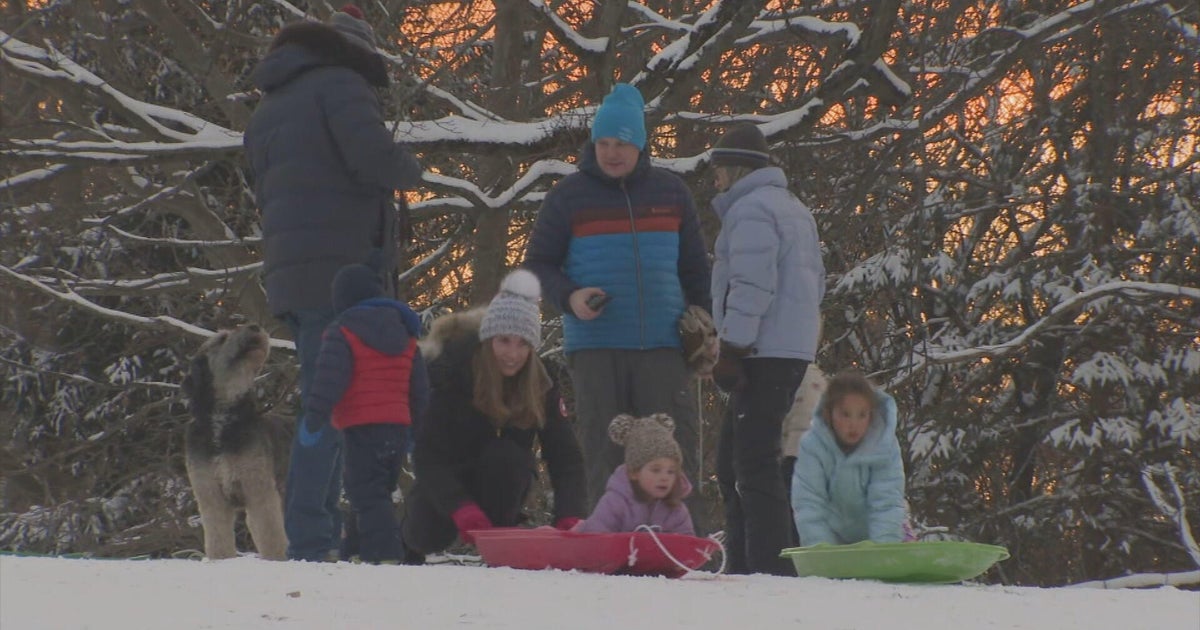A judge appointed by Trump said Tuesday that it would be “beyond frustrating and disappointing” if the new president granted sweeping clemency to most of the defendants charged in the Jan. 6 attack on the Capitol.
U.S. District Judge Carl Nichols criticized the prospect of a “blanket pardon” or “anything close to it” during a hearing for a felony defendant who faced eight assault charges as a result of his actions during the mafia violence.
Nichols’ comments were a surprise to the normally reticent judge and came at the end of a hearing in which he and federal prosecutors extensively grappled with the potential impact of Donald Trump’s election on pending Jan. 6 cases. He added that “anything approaching blanket leniency would also be frustrating.
Nichols’ comments come as Trump threatens to destroy the Justice Department’s four-year effort to prosecute suspects accused of storming the Capitol in his name. Trump said repeatedly during the 2024 campaign that if elected he would pardon most of the Jan. 6 suspects, though he has left his precise plans vague.
“I would say it will be a lot of them,” Trump said during a town hall on CNN last year.
Federal prosecutors, who have charged more than 1,500 people with crimes related to the riot, can do little but guess how quickly and decisively he will act. And their uncertainty: who will Trump pardon, when and for what crimes? – has listed some of the most significant cases that have occurred since the January 6 attack.
That uncertainty flared most dramatically Tuesday in the case of Jake Lang, who was set to go on trial next month on eight charges of assaulting police officers — including three related to his use of a metal bat.
Lang, an erratic defendant who has represented himself for much of his case, has been in custody for nearly four years and prosecutors are eager to take the case to a jury. But Lang insists that clemency from Trump or reprieve from a Justice Department led by attorney general nominee Matt Gaetz is all but certain, and he asked Nichols to delay the case until well into the year.
Nichols reluctantly agreed to Lang’s delay request, saying the decision was based not only on the possibility of a pardon but also on other complications with the timing of the trial related to arguments under seal.
Nichols is now the second judge to postpone a Jan. 6 trial, based at least in part on the possibility that Trump would grant clemency or that his attorney general would dismiss the charges. U.S. District Judge Rudolph Contreras made a similar call last week. Nichols indicated he spoke with Contreras on Tuesday and agreed with his broad concerns about securing a jury for a trial that could be thrown out in weeks.
Other federal judges in Washington, D.C., have also grappled with the question and largely agree that proceedings in the Jan. 6 cases — guilty pleas, convictions and summary trials — should continue. Judge Dabney Friedrich, another Trump appointee, upheld a Jan. 6 misdemeanor trial scheduled for Jan. 13, saying it would be “unwieldy” to rearrange court schedules based on pardon speculation. And other justices have said it is not their role to think about what a future executive might do.
Nichols also emphasized that he would not delay any sentencing hearings as a result of Trump’s election. Jury trials, he said, were a more complicated issue.
Nichols spent about an hour Tuesday speculating with Assistant U.S. Attorney Karen Rochlin about the “probabilities” and “possibilities” of Trump’s possible decisions to improve the Jan. 6 cases — and how these hypotheses could impact Lang’s case should influence.
“We don’t know what the future holds,” Rochlin said, emphasizing the Justice Department’s overall position to stay the course in all Jan. 6 cases and noting that any future actions by a Trump administration are at an end best to be “speculative”.
“There is value in letting the public see that evidence and draw their own conclusion about whether there has been justice,” Rochlin said. ‘I think we should proceed according to the normal order. … We’re in a bit of an uncertain world.”
Prosecutors had urged Nichols to keep Lang’s trial on schedule and begin Dec. 2. They agreed they couldn’t guarantee the case would ever reach a conviction, given Trump’s public stance on the Jan. 6 suspects — but they also said Nichols should sidestep the speculation.
“It’s possible I can learn to flap my eyelids and fly to the moon,” Rochlin said. She similarly said there could possibly be a tornado and a hurricane at the same time outside the windowless courtroom — but that the chances were slim.
Lang, arguing on his own behalf, issued a sharp rejoinder: “There’s a tornado and a hurricane outside this building right now and his name is Donald Trump and it’s ripping through the Department of Justice.”
Lang used the hearing to make fierce political arguments about the January 6 cases. He claimed the Justice Department’s push to take his case to trial next month showed a “bloodlust” for the Jan. 6 defendants. He argued that D.C. residents, troubled by Trump’s election, would seek revenge against him. And he repeatedly suggested that the prosecutors preparing to try him would likely be fired by Trump in just two months.
“I don’t think that’s a very useful argument,” Nichols interjected.
When Lang called the proceedings a “Soviet show trial,” Nichols responded again.
“There is no Soviet show trial taking place in this courtroom,” he said.







